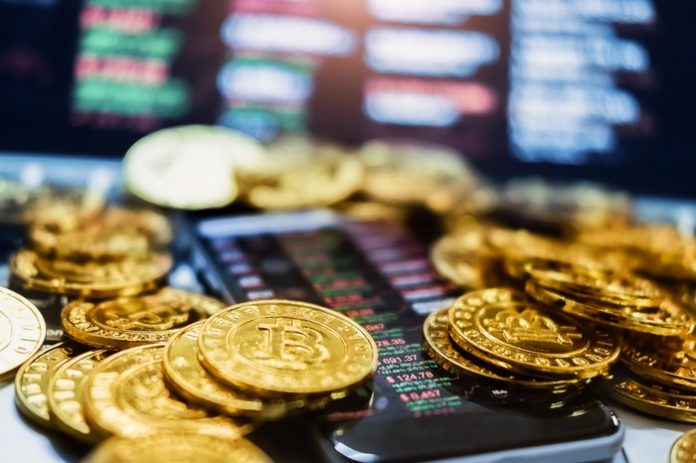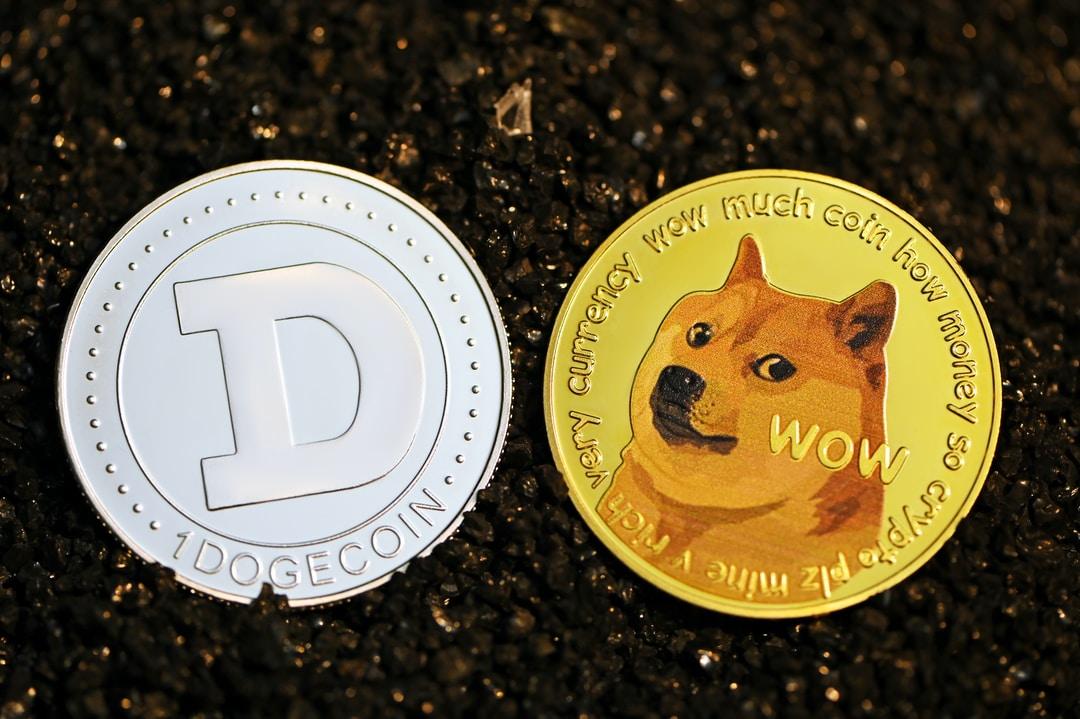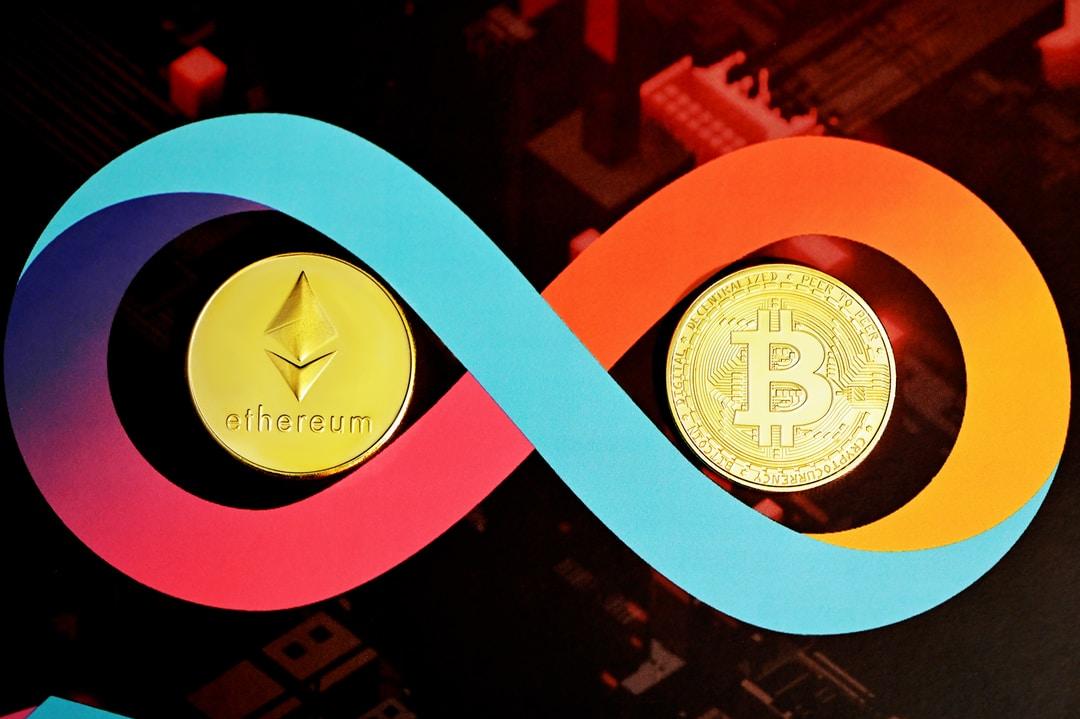
Dogecoin to the moon! That has been the rally cry for “dogheads” for many years. In fact, had you been a Dogecoin holder a few years ago, when it was worth less than 10% of a penny, you could have made 100x or more when it passed $0.40 per coin. Had you bought Bitcoin ten years ago, you also would have gone to the moon.
Such is the temptation for the SPAC cryptocurrency market. If you think that understanding the cryptocurrency market is complicated, be prepared to get smacked by SPAC.
What is SPAC, and why should I care?

SPAC is an acronym that stands for Special Purpose Acquisition Company. There is SPAC for IPOs and SPAC for ICOs. In the cryptocurrency market, though, it is SPAC for ICOs that matter. ICOs, initial coin offerings, are a chance for new cryptocurrencies to raise money before being publicly traded. It is a chance for savvy investors to invest in a coin at the earliest stages of its development, when the valuation is at its lowest.
A lot of new coins, however, do not have the resources to have an ICO. This is an opportunity for a special purpose acquisition company, or a SPAC, to provide a useful service. By becoming a blank check company, (or a shell company) it can provide connections to the target company, which becomes a SPAC ICO. If you want to find the right SPAC ICO, it helps to have a good cryptocurrency exchange.
Cryptocurrency Exchanges for SPAC Opportunities

When searching for the best crypto exchange, there are a lot of factors for the beginner to consider: ease of use, payment method, lower fees, customer support, and security measures for the protection of digital assets. Popular exchanges include but are not limited to the following: Binance, Kraken, Kucoin, Bittrex, Bitfinex, Gate.io, and Coinmama.
Geography is also a factor, in that New York State has increased regulation for those who want to sell cryptocurrency through the New York State Department of Financial Services. While there are many popular exchanges nationally and internationally, the options are more limited for New York investors. Often, for New Yorkers, it comes down to a question of Coinbase vs Gemini.
What’s the difference between Coinbase and Gemini?
Coinbase was founded by Brian Armstrong in San Francisco. Coinbase makes security measures a top priority in that it has created its own crypto wallet for Coinbase users—the Coinbase wallet. Coinbase’s fees are manageable, and other exchanges that are spinoffs of Coinbase include Coinbase Pro and GDAX. Coinbase customer support is sufficient to have a Bitstamp within New York State.
Gemini, on the other hand, was founded by the Winklevoss twins. Known for their role in the founding of Facebook and their 1% stake in all Bitcoin (BTC) that will ever be mined, the Winklevoss twins have been immortalized in films like The Social Network and Banking on Bitcoin. Gemini also has its own crypto wallet for Gemini users, the Gemini wallet, so the idea of a cryptocurrency exchange providing a crypto wallet for its users is no longer a unique feature.
Other important security measures against the feared security breach include but are not limited to the following: two-factor authentication, hot wallet, cold wallet, cold storage, hardware wallet, software wallet, and private keys. Another platform that functions as a trading platform but is not really a cryptocurrency exchange includes PayPal. While PayPal has higher fees, 2.5% per trade, it has great ease of use and is FDIC insured. The type of coin available to traders on PayPal are limited to top cryptocurrencies: Bitcoin (BTC), Bitcoin Cash (BCH), Litecoin (LTC), and Ethereum (ETH).
SPAC Risks

The cryptocurrency market is one of the most volatile markets in all the asset classes: stocks, bonds, commodities, real estate, precious metals, and more. In May 2021, Elon Musk demonstrated what a big impact a large whale can have on a relatively small market, seeing as the cryptocurrency market is much smaller than the stock market. New users need to make an informed decision before investing their hard-earned fiat money in cryptocurrencies.